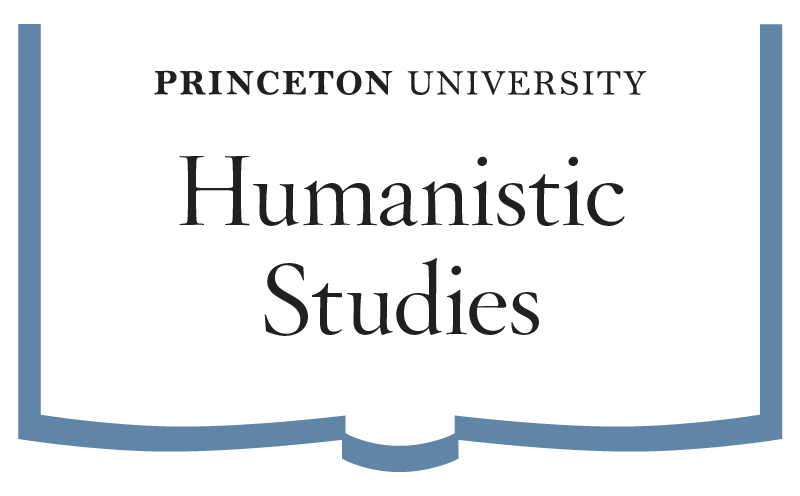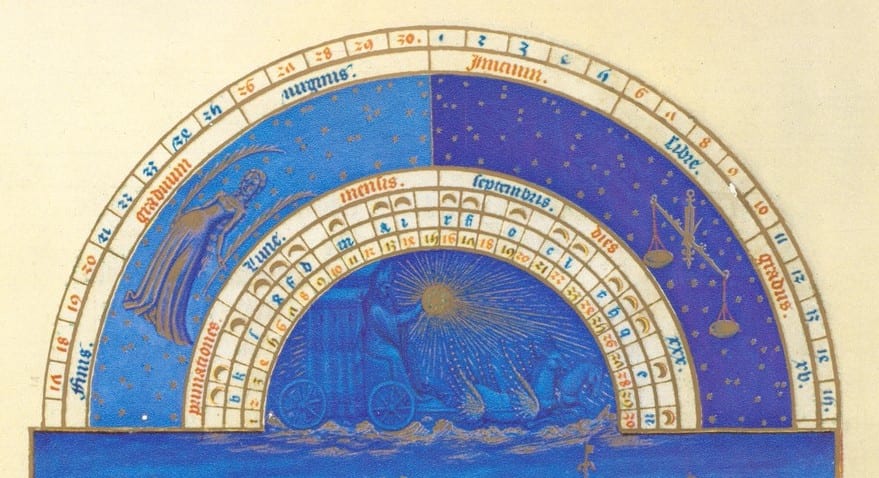By Catie Crandell
Beatrice Kitzinger and Benjamin Morison are bringing something new to Interdisciplinary Approaches to Western Culture, a course that will welcome more than 60 first-year students in the fall of 2020. Veteran teachers in the sequence, Kitzinger (Art and Archaeology) and Morison (Philosophy) will be injecting a dose of service and social justice to the double-credit, interdisciplinary exploration of the humanities from “Antiquity to the Middle Ages.” Co-taught by six faculty, and hosted by the Program in Humanistic Studies, the course will offer a new, informal discussion component this year, in addition to the usual lectures and precepts, giving students a chance to think about how ancient texts engage with current social justice issues.
Ovid’s Metamorphoses offers a powerful example of what these discussions might look like. Although the canonical text is popular in humanities syllabi and scholarship, the work is filled with sexual violence. “Students wonder what’s going on here?” explains Morison. “We need to be talking about the fact that this text is in the canon and has some horrifying things in it.” The discussions planned for the fall are designed to tackle precisely these kinds of questions. One of Kitzinger’s goals for these discussions “is to communicate to students that we’re thinking through this, too. We have to wrestle these questions ourselves when we think about how to teach and what the texts mean to us.”
Kitzinger and Morison are not the first to raise these issues in the context of the course. In fact, the new discussion option was inspired by student-initiated conversations that have become a regular forum in years past. Students had the desire to meet outside of the classroom, acknowledge the stark differences between their contemporary world and the world in which these texts were written, and grapple with the issues they raise. “There had already been this groundswell, grassroots thing amongst the students,” remarks Morison. “We think that such discussions are deeply valuable for the course community and we wanted to lock them in by making them a bit more official.”
Topics on the docket for this semester will include representations of women and slaves in ancient literature, interrogations of who gets to write history and construct the canon, and considerations of whether we can incorporate ancient ethics in our own lives. Morison uses the popular practice of ‘cancel culture’ as one lens for thinking about this final question, asking how we handle major philosophers with questionable views: “Should we cancel Plato because of his really awful ideas about eugenics? Or how do we reintegrate Aristotle, who thought that some people were natural slaves?”
The year-long sequence is led in 2020-2021 by Denis Feeney (Classics), Giger Professor of Latin and Behrman Professor in the Humanities Council. Separately from the service component, Feeney has instituted special Wednesday sessions that serve as virtual space for the kind of informal group conversations that previously took place among faculty and students in person and over lunches.
The first session of the year, “Owning HUM,” is organized by undergraduate Humanities Mentors and features a panel of course alumni from a variety of cultural, racial, and socioeconomic backgrounds discussing the personal and academic experience of studying this body of texts.
“It’s been brilliant to see the students from 2019-2020 taking the initiative in this way,” said Feeney. “They embraced the course and kept working even over the summer at discussing the issues of gender and diversity that are thrown up by these challenging texts. Now they want to keep the conversation up, and to invite the new students to think through the ways that our contemporary international student body should engage with the broad range of material we cover in the course.”
The social justice conversations are offered in collaboration with the Program for Community-Engaged Scholarship (ProCES) and designed to motivate students to look outward into the community, to think about the relationship between service and academic work, and to ask contemporary questions that might frame what we can learn from these texts of the past.
“At Princeton, service is about responding to societal issues in a thoughtful and effective way,” said Trisha Thorme, ProCES director. “These discussions will help students develop an ethical and theoretical framework for responsible community engagement.”
Key to this process is a multiplicity of perspectives that acknowledge the diversity of responses that any given text might elicit. As Kitzinger puts it, “One point of the meetings is that reading pre-modern texts is a way into history, but it’s also a very human experience that sometimes involves feeling really upset, or confused, or angry, or uplifted, or affirmed, or denied in one way or another. It is worth making a space explicitly to talk as a community about how these texts work in the present.”













